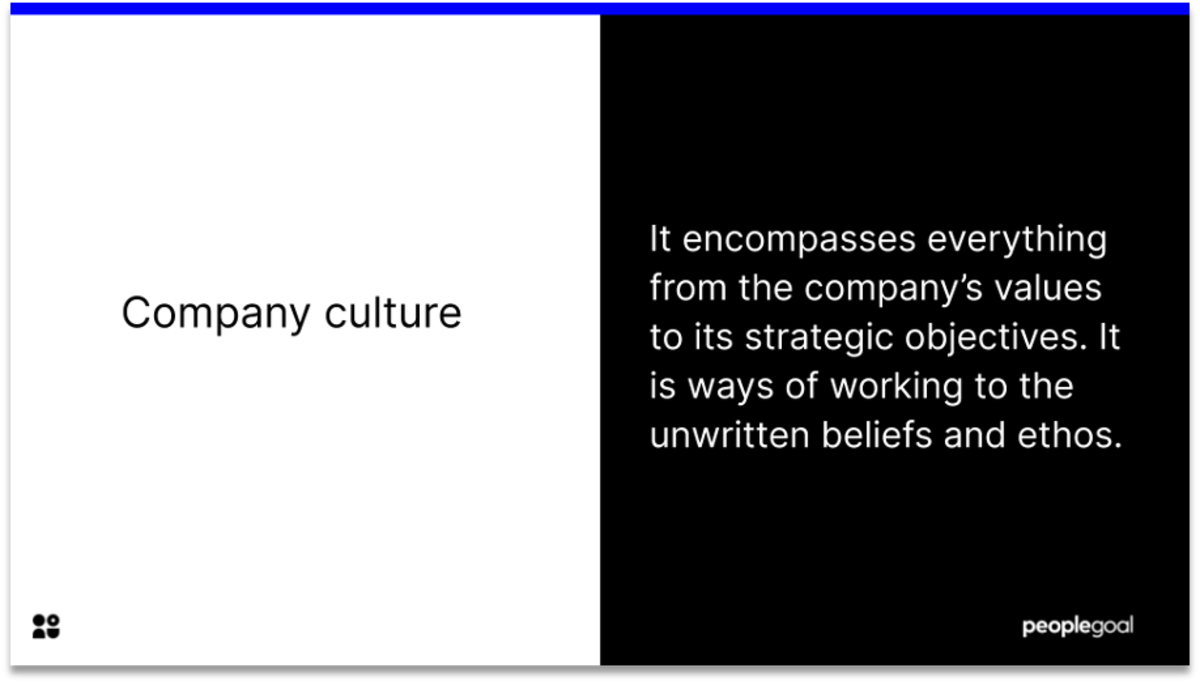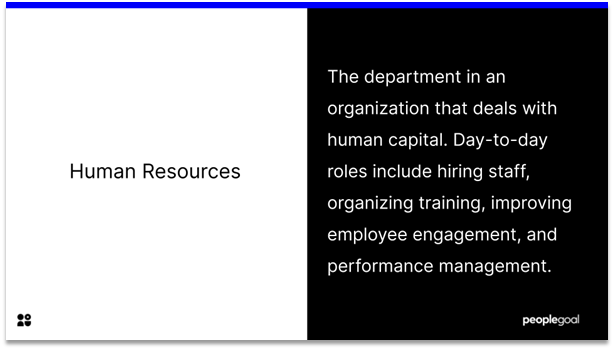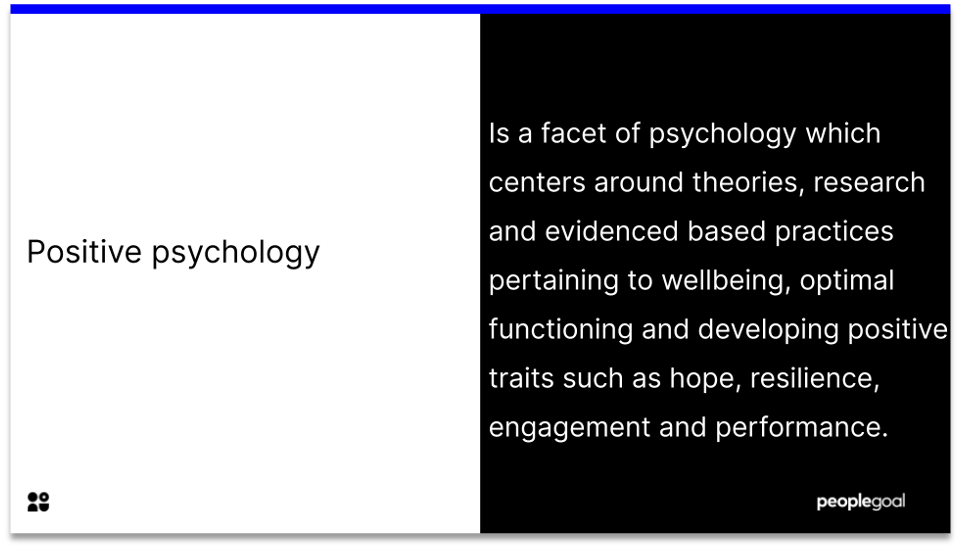Simon Lancaster is one of the world’s foremost speechwriters, with an extensive accredited history. His speechwriting career started with commissions from Tony Blairs cabinet in the late 1990’s, and he has since written speeches for the CEO’s of many internationally renowned organizations such as HSBC, Nokia, and Unilever.
He is a visiting lecturer at Cambridge University, and appears regularly on BBC news. On top of this, he is a best-selling author of books such as Speechwriting: The Expert Guide and Winning Minds: Secrets from the language of Leadership. There is a high number of Ted talks about leadership but his ‘Speak Like a Leader’ TEDx talk continues to get a hundred thousand views a month, so what’s all the talk about this speech about speeches all about?
Embedded content: https://www.youtube.com/watch?v=bGBamfWasNQ&t=399s
Simon Lancaster’s speech is based on the ‘secret language of leadership’ or the ancient art of rhetoric as he defines it. The ancient art itself was a core part of the curriculum of ancient Rome. Moreover, in London, right up to the 19th century, it was possible to get free education in rhetoric, but not in mathematics! Thus, reflecting the importance that was placed on the topic.
However, this topic has lost its importance over time and is only taught to the privileged few. Nonetheless, Simon brings the art of rhetoric to the forefront of his speech and delivers 6 techniques to enable the viewer to speak like a leader:
1. Three Breathless Sentences
In preparation for your speech, stop, listen, and look around. Register how you are feeling. The audience’s emotions and attention depend on the way you are speaking. When you begin, give them three breathless sentences. This will make your topic sound more compelling and convincing, and also put your audience on edge.
2. Three Repetitive Sentences
‘I love learning about HR. I love writing blogs about HR. I love talking about HR.’. Using three sentences in which the opening clause is repeated communicates emotion, and usually passion, which everyone wants to hear in a speech, as if you are not passionate about the topic, why should they be? Moreover, putting your argument in threes makes it sound more credible.
3.Three Balancing Statements
‘There’s nothing wrong with America, that can’t be cured, by what’s right with America.’. We are naturally attracted to balance and if a sentence and speech for that matter is balanced, we are more likely to believe the thinking is balanced.
4. Using Metaphors
Metaphors are used to either point people towards something or distract them away from something. They are lies that are never challenged, yet they have enormous impact on the way people respond. They are the most powerful tool used in political communication so use them!
5. Exaggeration
Exaggerating points is linked to emotions, and as long as you can control your emotions and use them productively, exaggerating a point is a great way of demonstrating an emotion for a certain topic and helps to create connection with your spectators.
6. Rhyme
Research has demonstrated that people are more likely to believe something is true if it rhymes. It makes things easier to understand and accept the message within the brain, we also use them to conceal fallacies, so approach with caution!

Next time you are giving a speech, try to include these points, to make your topics more succinct, valid, and digestible. Using the rhetoric described above, you’ll be able to bolster your leadership potential.
Ready to 3x Your Teams' Performance?
Use the best performance management software to align goals, track progress, and boost employee engagement.





